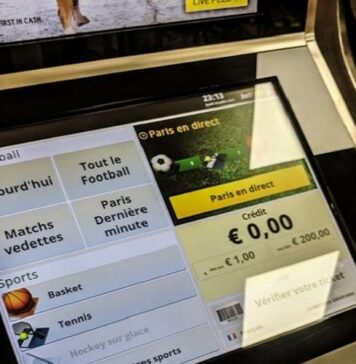
(Jamma) – The first half of 2013 closes with far from exciting results for online gaming. The collection recorded in this period marked a drop of 2% compared to last year and is in contrast with the percentage of diffusion of Internet access data. Can we say that remote gaming is a mature market?
Should we already be talking about a crisis, a few months after the debut of this offer?
Observation of the available data is not encouraging. Perhaps the games offered are not so innovative, they probably suffer from the phenomenon of cannibalization as happened with poker cash against tournament poker.
But remote slots are far more efficient than those offered in public establishments and this also applies to bingo, all games which are subject to negligible taxes compared to the physical offer.
So it is easy to understand the concern about the introduction of betting in exchange mode. According to the legislation, online bets will be taxed at 20% on the profit, unlike bookmakers in betshops, for which a tax on gross collection is envisaged.
Operators aren't jumping for joy, however. Are the reasons to be found once again in the economic contingency? Perhaps. There is also to consider, however, the lack of experience in this sector or the approximation with which important decisions have been made on the choice of programs and partners in proposing the offer.
gtech (Lottomatic), for example, has recently renewed the poker offer and is paying the consequences. It is, in fact, the subject of strong criticism from players who have been complaining on online forums about the mismanagement of the game since this spring. Thus, even if the number of players grows, it is clear that their spending power can shift from one offer to another. And on the net there is a lot of competition, very much the one in the absence of concession.
The distribution and supply of dot-its is undoubtedly lower than that of dot-coms, even in spite of the enforcement activity put in place by AAMS and SOGEI. Certainly it is not even comparable to the relationship between CTDs and public gaming points in the area. Yet CTDs manage to capture an important share of the physical market.
In this regard, the fact that some suppliers of dot-it operators are in business with Italian CTDs leaves much to think about. NETENT, for example, is the provider of the sites betuniq.com, betpassion.com, bet1128.com, and others.










